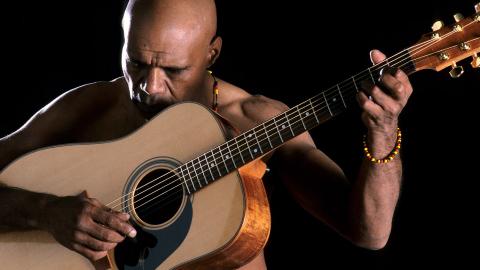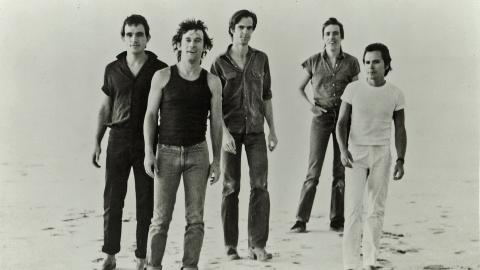

From Dingo to Divinyls: Sounds of Australia 2014 announced
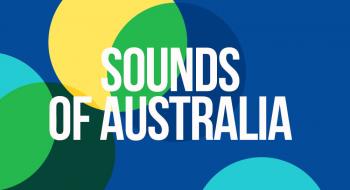
The Sounds of Australia 2014 have been announced, bringing together iconic bands, fauna and other recorded sounds that, for one reason or another, form part of our nation’s history.
The NFSA launched the Sounds of Australia registry in 2007, as a way to identify, celebrate and promote sound recordings that somehow capture part of the Australian experience – from the late 19th century when recording technology was first developed, to our recent past.
These sounds are part of our culture, our history, our environment. They represent a moment frozen in time, an achievement of human creativity and/or intellect, or a manifestation of the land we live in. They are charged with memories and meaning.
You can explore the previous 84 sounds here.
This year we had almost 1,000 public nominations, which were then shortlisted by a panel comprised of NFSA, industry, academic and other experts.
Khe Sahn – Cold Chisel
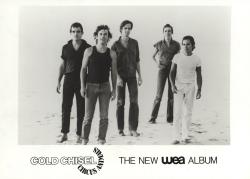
Cold Chisel’s first single – a pub classic which tells a powerful story based on Australia’s involvement in the Vietnam War. Did you know that, despite its fame, the song didn’t hit the Top 40 charts until 33 years after its original release? This surge in popularity happened when the band announced its first major tour in almost three decades, in 2011.
You know the last plane out of Sydney’s almost gone
Only seven flying hours, and I’ll be landing in Hong Kong
There ain’t nothing like the kisses
From a jaded Chinese princess
I’m gonna hit some Hong Kong mattress all night long
Boys in Town – Divinyls
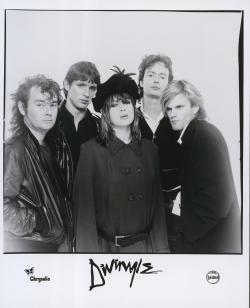
The first Divinyls single was written by Chrissy Amphlett, Mark McEntee and Jeremy Paul. Amphlett passed away last year, but her legacy as a powerful singer and thought-provoking songwriter will live forever.
I am just a red brassiere
To all the boys in town
Put this bus in top gear
Get me out of here
Great Southern Land - ICEHOUSE

Iva Davies says he wrote his song as a response to the cliches contained in Men at Work’s Down Under (which is also part of the Sounds of Australia, added in 2007). Kim Landers, from ABC News 24 Breakfast, said it best on 18 November: 'It’s an anthem. I’ve travelled across the Bolivian salt flats listening to that with a car load full of Australians belting it out. I think it perfectly summarises the Australian landscape.’
Great southern land, in the sleeping sun
You walk alone with the ghost of time
They then burned you black, black against the ground
And they make it work with rocks and sand
Cattle and Cane – The Go-Betweens
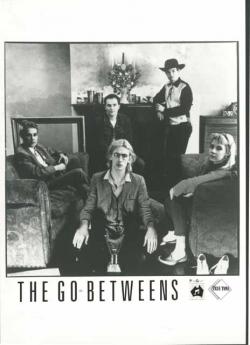
A classic based on Grant McLennan’s childhood in Queensland. The Australasian Performing Rights Association (APRA) named it one of the Top 30 Australian songs of all time.
The railroad takes him home
Through fields of cattle
Through fields of cane
From time to time
Dingo – Vicki Powys
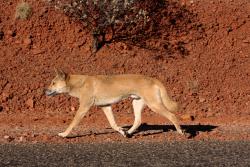
A recording of a lone dingo howling in the wild. Says curator Tessa Elieff of the importance of environmental recordings (including wildlife): 'Part of the intrigue and beauty of the Australian lifestyle is undeniably, the wildlife and environments unique to the continent. These environments have been present before, during and after colonisation. Every culture that has lived, and is in the process of developing as part of Australia, has been influenced (directly or not) by them. As we know – with the ongoing rise in general population and urban growth, it is these aspects that are diminishing. Wouldn’t it be horrific if we were to lose these environments – and subsequently, the wildlife that inhabits them?’
Concert in a Cave at Tobruk – Chester Wilmot, ABC Field Unit
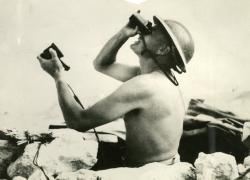
A remarkable recording by ABC war correspondent Chester Wilmot and his field unit, who captured a concert put on by 400 soldiers in an ammunition cave in Tobruk, during the siege by German and Italian troops. Many of them would never return home, yet their voices can still tell us their story. Wilmot’s field recordings give us an insight into the diggers’ living conditions, and include the occasional sounds of gunfire or bombing raids in the background.
Fireworks and The Orgasmic Opus – Dr Val Stephen
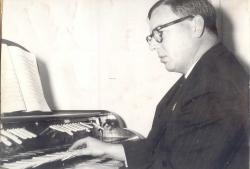
These two tracks are the first examples of Australian electronic music to be released on a commercial record label. Dr Val Stephen discovered European experimental music in the late 1950s, and went on to build his own equipment to create Fireworks and The Orgasmic Opus. A journalist recently said that this music wouldn’t have been out of place in the first episodes of Doctor Who, and she’s probably right!
Deadly Sounds – Vibe Australia
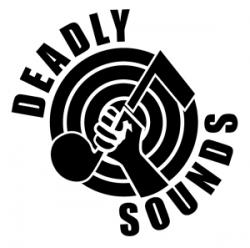
This weekly radio program ran for 21 years from 1993, hosted by journalist, artist and author Rhoda Roberts. Deadly Sounds was distributed to more than 200 stations, bringing the hour-long conversation about Indigenous issues, culture and arts to communities around Australia.
They Always Follow Me – Syria Lamonte
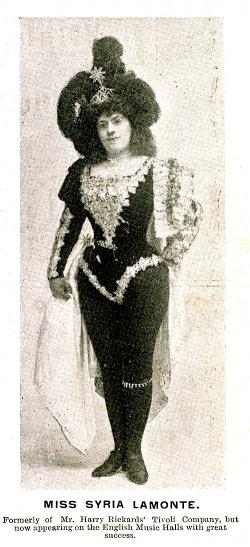
Melbourne-born Syria was a pioneer at a time when recorded music was first being commercialised on an industrial scale. Syria’s story was mostly forgotten, until a collector and expert found one of her 1898 records for auction in Europe, and donated it to the NFSA. Now A voice from the 19th century sings again and Syria is taking her rightful place in the history of Australian music.
Speech at the Opening of the Columbia Gramophone Company Australian Factory – Admiral Sir Dudley de Chair KCB MVO
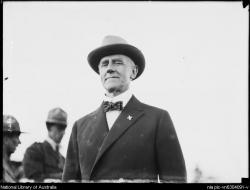
This deceivingly unremarkable speech marks an important moment in popular culture: the beginning of the Australian record industry. This factory enabled the mass production of 78rpm discs (predecessors of 12” and 7” vinyl records). People were then able to buy locally-made records of both international artists and Australian performers.
The National Film and Sound Archive of Australia acknowledges Australia’s Aboriginal and Torres Strait Islander peoples as the Traditional Custodians of the land on which we work and live and gives respect to their Elders both past and present.

